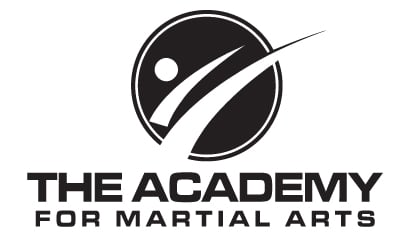Get the Best Family Activities
If the college requires a more updated evaluation, find a well-qualified professional who can do the right kind of testing (not more than is needed, not less than is required by the school) at a reasonable cost. Every college has different requirements, so ask them lots of questions and start gathering this information as soon as you can. A letter from a medical provider and a summary of prior test scores might suffice for one college, while an entirely new evaluation that includes scores from adult learning scales might be required by another.
Determining Services
-
Requested accommodations must be "reasonable."
-
A university is not required to provide academic adjustments or additional aids and services if doing so:
-
gives students an unfair advantage;
-
requires significant alterations to the program or activity;
-
results in the lowering of academic or technical standards;
-
or causes the college to incur undue financial hardship.
-
Providing Auxiliary Aids
-
Students may request auxiliary aids and services such as assistive listening systems, audio recordings, recorders in classrooms, taped text, computer-aided transcription services, etc.
-
Colleges must give students "primary consideration" for the accommodations they request. If colleges can provide an "effective" alternative, they do not need to fulfill the student's exact request. (This means that your college can provide you with a different technology device than the one you request and still be in compliance with the law.)
-
Unlike what happens during the high school years, colleges are not required to provide personal devices and services such as personal readers. These services, however, may be available through the student services center for a fee.
Procedural Safeguards
-
If you aren't satisfied with the accommodations the college is willing to provide, you'll first need to file a complaint according to the college's grievance procedures for students. If you're still dissatisfied after using the school's grievance procedure process, you may file a discrimination complaint against the school with the federal Office of Civil Rights(OCR).
-
Colleges must have a Section 504 compliance officer and public institutions must have an ADAAA compliance officer. Each of these different types of post-secondary settings is required to conduct a self-evaluation to determine their compliance with the ADAAA.
Questions to Ask Colleges about Assistive Technology
If you rely on AT devices for learning, make sure you share information about the types of support you've used and found to be helpful, and explore what types of assistive technology different schools offer. You'll also need to find out each college's criteria and application process for the right to use AT accommodations due to your LD.
It's important to ask the college's disability services office specific questions that address the availability and accessibility of different types of AT resources on campus. For example, what documentation does the college require before granting you permission to use AT? And how will you coordinate your use of AT with your professors and disability services staff? Download our checklist of questions about AT and refer to it when talking to staff at the disability services center on campus.
Also try to seek out students on campus who have learning disabilities to get an insider's perspective on a school's assistive technology programs and policies.
As you interview colleges about their assistive technology programs and advocate for your individual needs, you'll become more confident in your abilities - and you may even broaden your horizons as you access new and different AT devices.
Reposted with permission from the National Center for Learning Disabilities.





